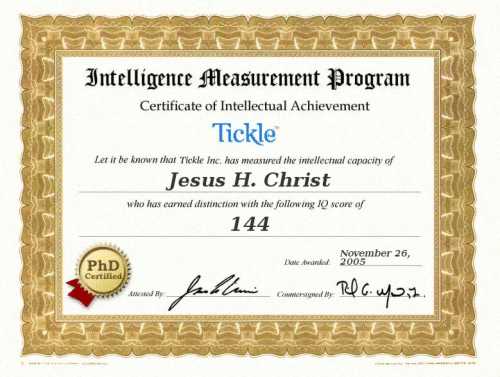Last June I wrote about Methuselah Mouse Prize related prediction market claims and suggested that claims conditioned on MPrize fundraising goals would be interesting. I just noticed that Mprize.org makes predictions of its own via its ill-explained The Life Line Equation calculator.
I couldn’t find any discussion of the calculator and it is not very prominent on the Mprize.org site. I suspect not much thought was put into it, but the implicit claims are interesting anyway. Given a year of birth, the calculator provides an expected lifespan and an estimate of funds required to reverse aging before you die, as well as a plot like the following:
One problem with the calculator is that it apparently doesn’t use age-adjusted life expectancy. The average 75 year old is not expected to die next year, as per the calculator.
In the table below I’ve taken the output of the Life Line Equation calculator, supplemented with age-adjusted data from U.S. National Center for Health Statistics life tables (italicized).
| Birth | Expected Death |
Funds Needed |
|---|---|---|
| 1990 | 2072 2068 | $244,000 |
| 1980 | 2061 2058 | $407,000 |
| 1970 | 2050 2049 | $800,000 |
| 1960 | 2040 2040 | $2,100,000 |
| 1950 | 2029 2031 | $9,850,000 |
| 1940 | 2018 2023 | $226,800,000 |
| 1930 | 2007 2017 | $40,000,000,000 |
The implication is that to reverse aging by 2029, the MPrize needs $9,850,000, and furthermore that aging could be reversed very shortly with enough incentive and that aging will be reversed 2030 or so regardless of MPrize funding (the funds needed to reverse aging after that date are insignificant, so I think it would be fair to discount the role of the MPrize in reversing aging after that date, if not much sooner).
MPrize funding currently stands at $1.4m, with an additional $1.8m committed. So according to MPrize.org I (born 1970) have nothing to worry about. Hooray!
Well, perhaps not. The calculator seeems pretty poorly conceived and implemented. Still, it would be very interesting to obtain estimates of the impact various levels of MPrize funding might have on anti-aging breakthroughs. Such estimates would be great marketing fodder for MPrize fundraisers–even a very modest impact would save many lives.
As I mentioned before one means of obtaining such (collective) estimates would be to condition anti-aging prediction contracts on MPrize funding levels. Very simplistically, “what is the chance aging will be reversed by 2030?” and “what is the chance aging will be reversed by 2030 if the MPrize raises $100m by 2010?” (Obviously a real claim would define some specific indicator for aging reversal, e.g., a 90 percent drop in 75 year old mortality relative to 75 year old mortality in 2005.)
I still strongly recommend supporting the Methuselah Mouse Prize and the Strategies for Engineered Neglibible Senescense generally.
While I’m peeving away, I wish Rejuvenation Research were an open access journal. “[M]most important of all: this journal needs to be read.” At $263/year for a personal online-only subscription I don’t think so.
Addendum 20060118: There is a claim on FX very much like the aging reversal claim I outlined above — 90% drop in overall death rate before 2050 relative to 1994 rate. I almost certainly read this claim in the past and forgot about it, but not its general thrust.

